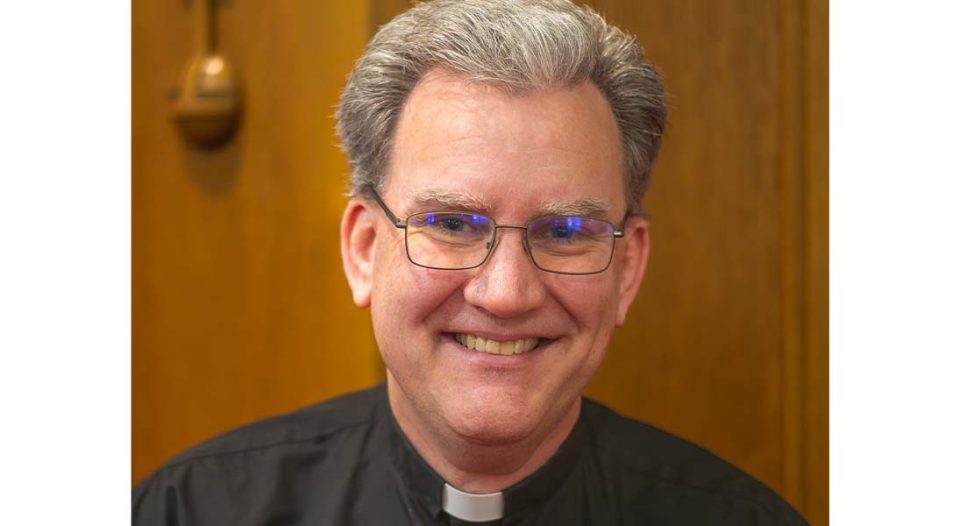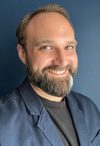As he enters the office of bishop of the Northwest Synod of Wisconsin, Martin Halom sees a changing church in a changing world. But, he said, “leadership may be evolving too.”
In addition to ELCA seminaries expanding their reach for students called to rostered leadership, he points to an educational ministry the synod offers that equips lay leaders for deeper participation in the church. “We have a strong Lay School of Ministry that identifies and educates some candidates that will eventually become rostered leaders,” said Halom, who was elected June 8.
Halom’s synod also has several lay leaders serving congregations as Synod Authorized Ministers (SAMs). “The SAMs have helped several congregations in our synod who are unable to find a fully rostered leader,” he said. “It is my hope to equip our leaders—pastors, deacons, SAMs—to be the best version of themselves and live into their own giftedness as they work with our respective faith communities.”
Halom—who had previously served as pastor of St. John Lutheran Church in Bloomer, Wis., since 2012—thinks that strengthening the support network for ministers is an important piece of the church’s continuing development of leaders. “I have been blessed to be a part of some rather significant cohorts with some incredible leaders who have taught me the value of caring accountability,” he said. “Meeting weekly or monthly, those online sessions were always a source of inspiration and mutual support.
“It is my hope to equip our leaders to be the best version of themselves and live into their own giftedness.”
“I wish that for all of our leaders: a group of supportive friends who share their experiences and offer great listening—an authentic presence.”
Within his own new network of synod bishops, Halom has been encouraged by the wide array of leaders represented. “I realized that there is no such thing as a cookie-cutter bishop—something I had assumed previously,” he said. “After meeting with the other rookie bishops in our first week of training, I was delighted to see the diversity in age, gender, ethnicity and, particularly, in giftedness and personality.”
Before becoming a candidate for bishop, Halom had a preconceived idea of the role that he wasn’t sure he would fit into. “But, thankfully, enough people believed in me and encouraged me to see where the Spirit might lead,” he said. “Little did I know that it would lead me into this new office and call.”
With just under a month remaining until his installation ceremony on Sept. 15, Halom feels meaningfully supported as he begins his new call: “After the assembly was over, between the hugs, handshakes and smiles from so many people, I couldn’t help but feel supported and called into this office.”





